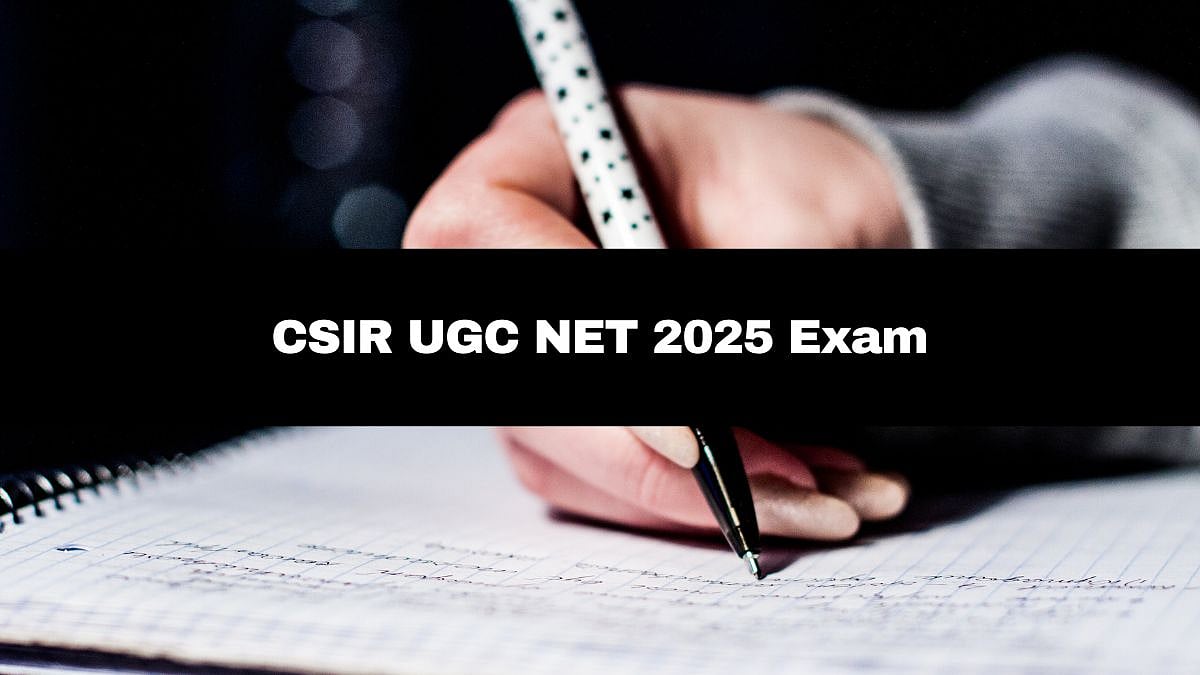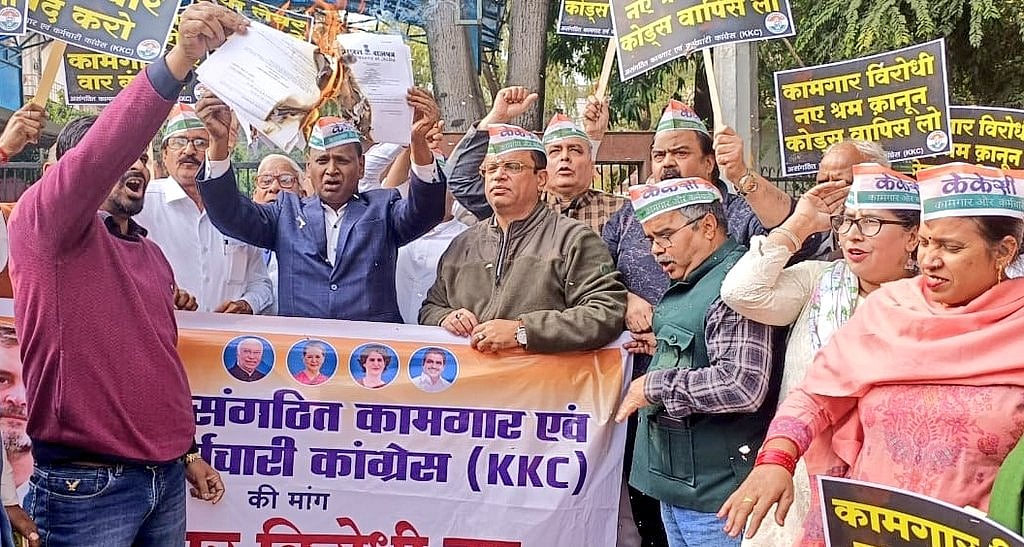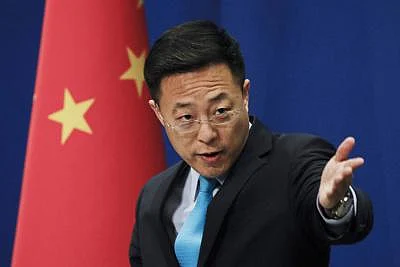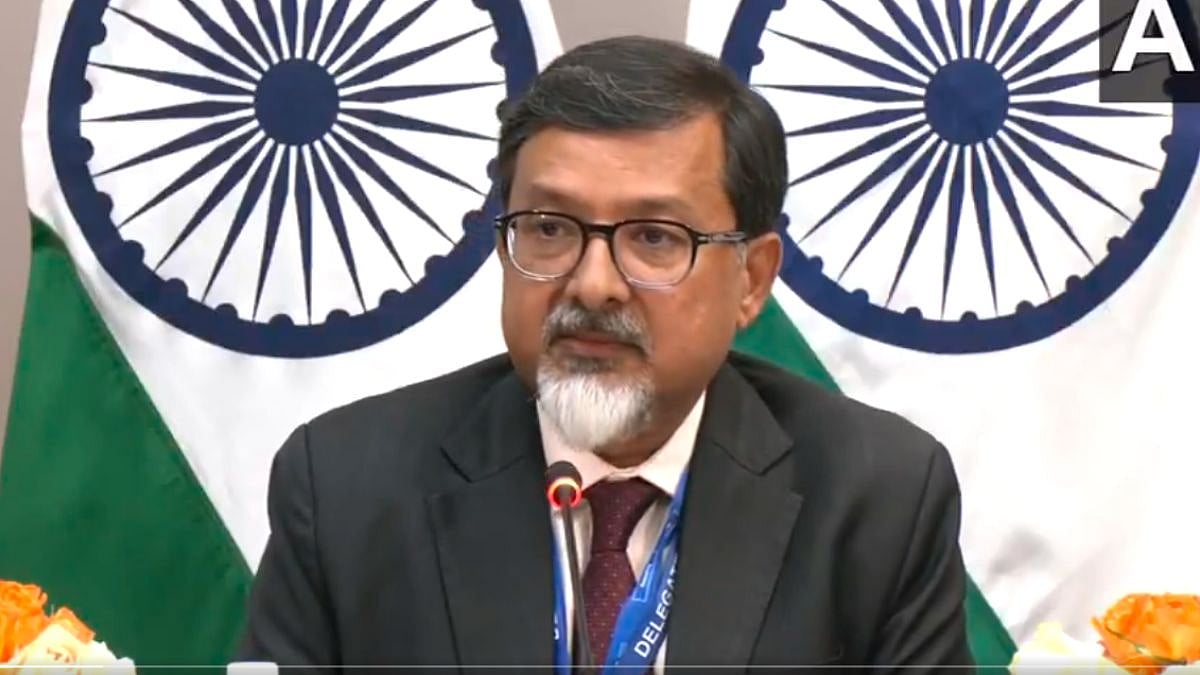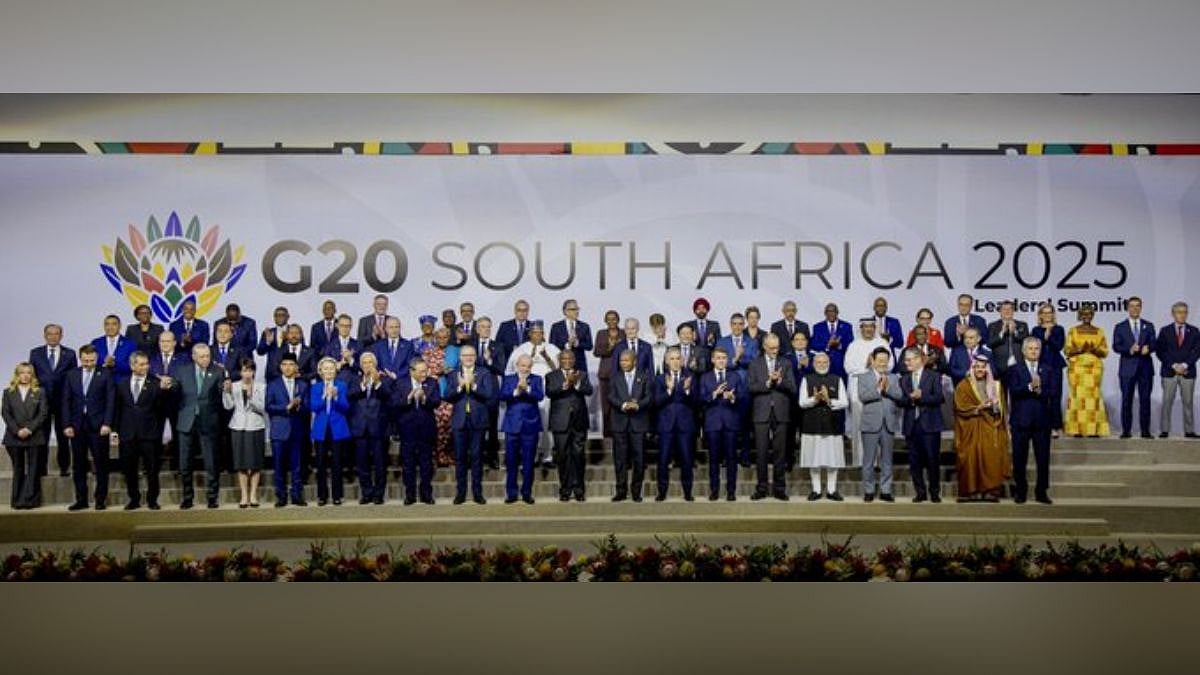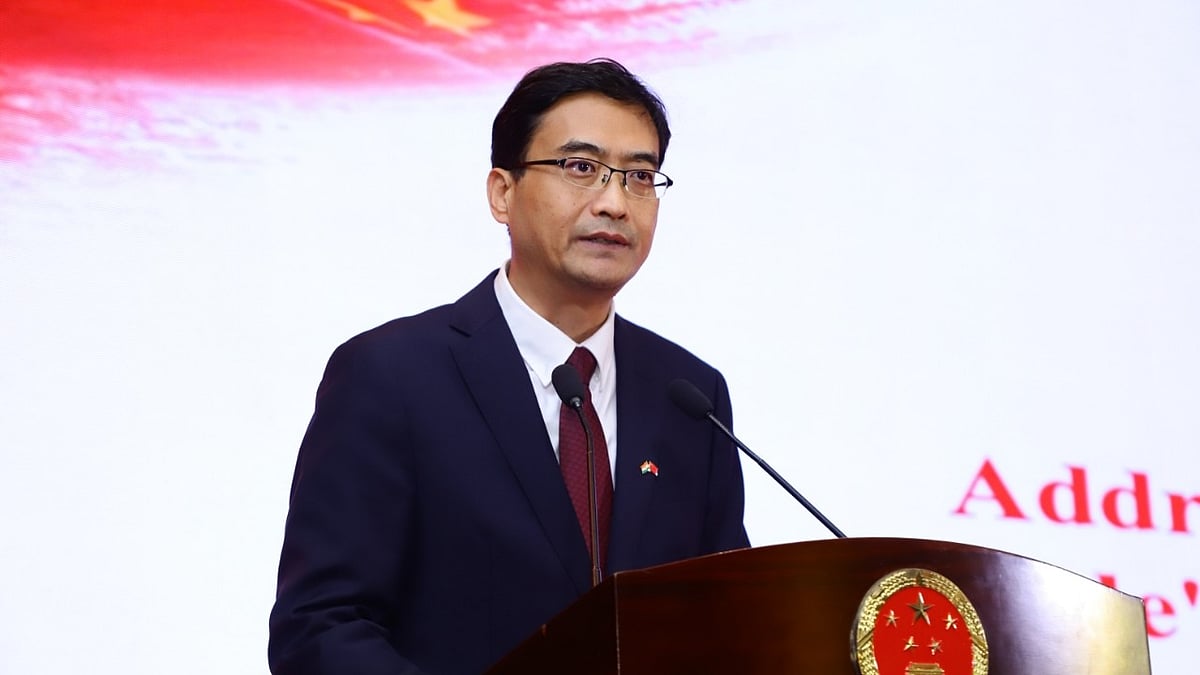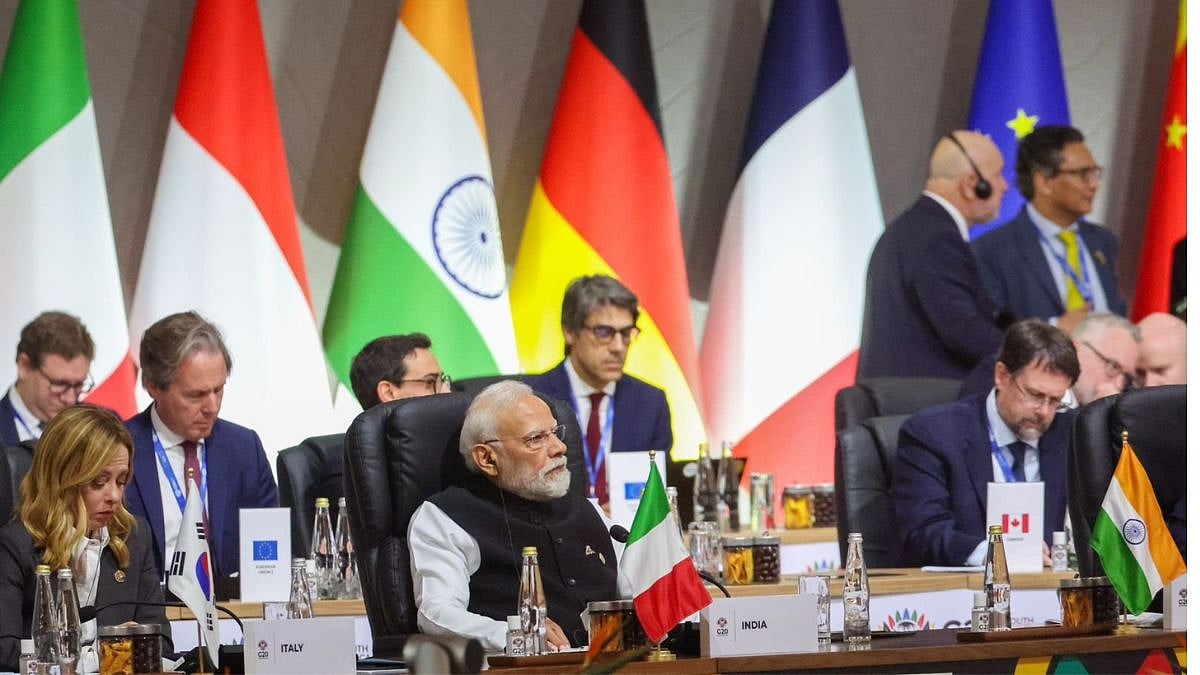Top European Union officials began talks Friday with Chinese Premier Li Keqiang, as the 27-nation bloc seeks assurances that Beijing won’t help Russia to circumvent economic sanctions leveled over the invasion of Ukraine.
The virtual summit will also see European Council President Charles Michel, Commission President Ursula von der Leyen and EU foreign policy chief Josep Borrell hold talks with Chinese President and Communist Party leader Xi Jinping.
Prior to the annual meeting, EU officials said they would also look for signs Beijing is willing to cooperate on bringing an end to the war in Ukraine.
Other topics include China’s travel ban on members of the European Parliament; Beijing’s economic boycott of EU member Lithuania over its Taiwan relations; the fate of a stalled investment agreement; and civil and political rights under China’s authoritarian Communist Party regime.
Tensions between China and the EU were mounting even before Russia’s assault on Ukraine, but Xi’s embrace of Putin before and during the conflict has raised them to a new level.
When Xi last set foot in Western Europe in March 2019, the Chinese president took note of what was a new — and, for him, slightly offensive — label the EU had used to describe Beijing in what was then a recent strategy document. “I thought we were good friends,” Xi told the French, German and Commission leaders. “But now, we are systemic rivals?”
The intervening years have done little to improve relations, as the coronavirus pandemic highlighted European dependence on Chinese manufacturing and clashes over human rights abuses in Hong Kong and Xinjiang escalated into salvos of mostly symbolic sanctions and countersanctions. A planned EU-China investment deal was put on ice last year, and a spat over relations between Lithuania and Taiwan has flared into a trade dispute between two of the world’s largest economic blocs.
During the pandemic, senior Communist Party officials conceived a new political slogan: dōngshēng xījiàng, meaning the rise of the east and the descent of the west. The reasoning behind it included China’s belief that it has had “systemic advantages” in tackling the coronavirus, as well as a long-held belief that the country’s state-backed technological advancement will soon put it in a position to overturn the Western world order.
Leaders in the EU are keen to use the upcoming summit with China to discuss the war in Ukraine, including Finland's Prime Minister Sanna Marin who said ahead of the talks, "We have to make sure that China is on the right side of history."
The European Council in a statement said EU nations are also keen to resume the human rights dialogue with China in a substantial way and to discuss other areas of shared interests like tackling climate change and the ongoing COVID-19 pandemic.
The relationship between the EU and China has soured ever since the EU criticized Beijing's trade practices and accused China of human rights abuses against the Uyghur people in the country. Beijing's trade block against Lithuania and sanctions against EU lawmakers last year, further heated up the geopolitical tension.
Despite the pressure, China and the European Union are heavily reliant on each other for hundreds of billions of dollars in trade each year.
China overtook the United States in 2020 as Europe's biggest trading partner for goods, with the overall value of trade reaching €588 billion ($650 billion), according to EU statistics office Eurostat.
In 2021, the trend continued: Overall China-EU trade in goods reached €695.5 billion (approximately $777 billion), compared with €631.4 billion ($704 billion) in US-EU trade.
China was the number one source of EU imports and the third largest destination of EU exports, after the United States and United Kingdom, according to Eurostat.

